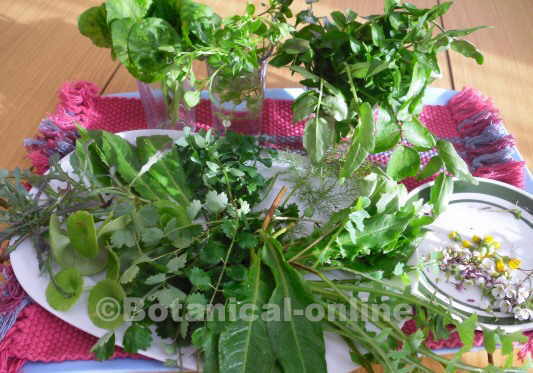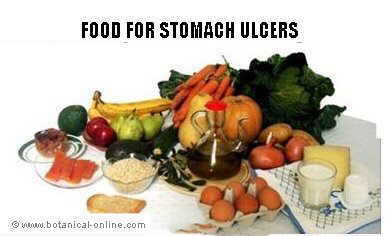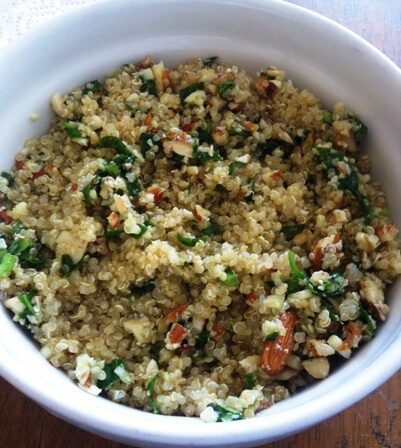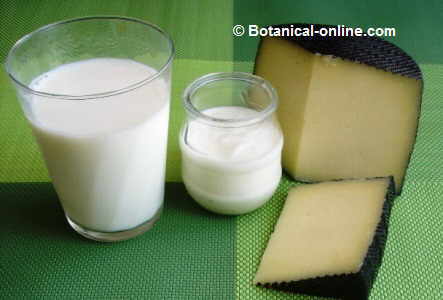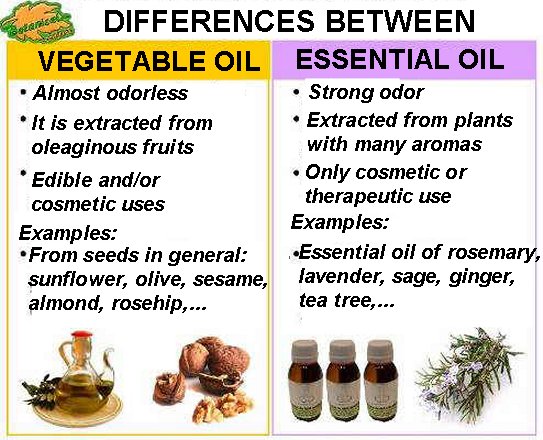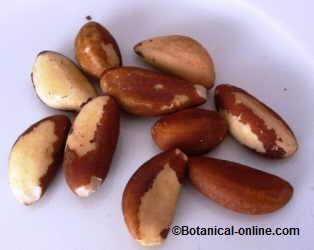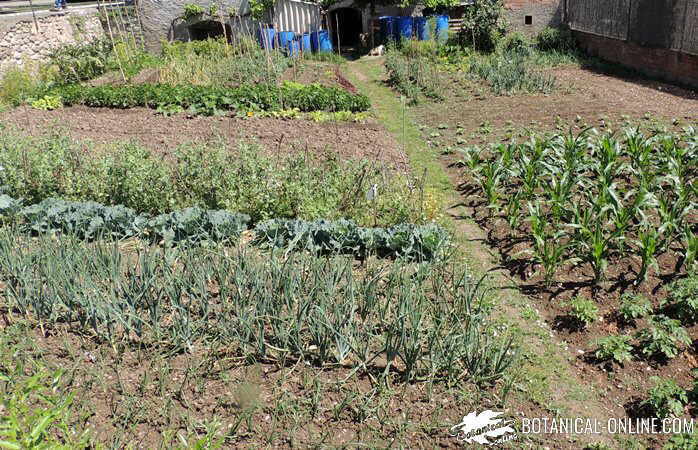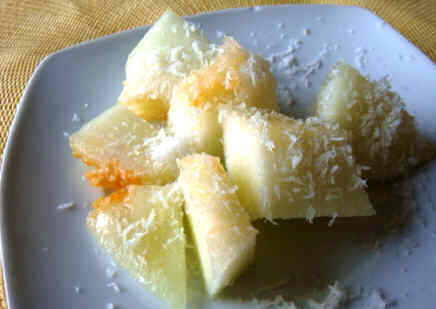Contents
- 1 Medicinal and nutritional benefits of beets
- 2 Medicinal properties of beet root
- 2.1 Beet root, a strong anticancerous
- 2.2 Beet root, rich in iron
- 2.3 Beet root, a rejuvenating food
- 2.4 Beet juice properties
- 2.5 Caloric content of beets
- 2.6 Atention: Beets for gall bladder!!!
- 2.7 Who should not eat beets?
- 2.8 Nutritional value of red beet root
- 2.9 Composition of red beet per each 100 gr.
Medicinal and nutritional benefits of beets
Medicinal properties of beet root
Beet root, a strong anticancerous
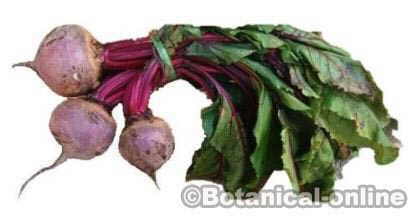
From a dietetic point of view, the red beet is the most interesting beet variety because of its medicinal properties. It is know as a potent anticancerous food, a virtue that derives from its wealth in flavonoids, mainly because of the red pigment betaine.
It has been demonstrated that the ingestion of this plant inhibits and prevents the appearance or the growth of cancerous tumors, just as the Hungarian doctor Alexander Frerenegi verified in its experiments carried out with animals and people. Those who ate a lot of beet developed many less tumors than those that didn’t do it. Also, cancerous people improved and resisted more time to the illness if they ate raw beet or its powder. Therefore, it is very interesting to eat this food raw in combination with other plants that help to purify the organism and to prevent this terrible illness: tomatoes, onions or cucumbers, for example. For its content in folate is ideal to prevent heart illnesses.
Beet root, rich in iron
This food constitutes a very good body mineralizing. It is rich in iron what makes it very interesting for its consumption in the women who need this element fundamentally during pregnancy and menstruation, two periods when it is necessary to absorb a higher quantity of this mineral. The ingestion of this mineral is essential for hemoglobin production, or to prevent or treat anemia, leukemia or to supply iron after transfusions.
Beet root, a rejuvenating food
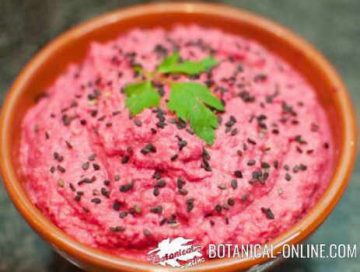
It is also a vegetable with rejuvenating properties whose consumption can maintain us younger during more time. This property comes into effect by the presence of folic acid, of which this plant is one with the highest proportion.
This acid contributes to the creation of new cells and also, together with iron, to the production of red blood cells.
It also intervenes in the creation of the amino acid methionine whose existence is necessary for the good health of hair, fingernails or skin. Its consumption makes our skin look younger and healthier
. It is also necessary to mention its participation in the production of the hormone dopamine that prevents grumpiness and depressive symptoms. Another of the important rejuvenating elements is silica, very important for the good health of bones, arteries and skin. To take advantage of these properties it is convenient to eat this food raw since folic acid gets spoiled when cooked.
It is necessary to highlight its wealth in very useful fibers to empty our bowels and to prevent constipation. In general, it is very digestive and it also helps to assimilate the rest of foods since its wealth in rubidium increases gastric juices.
Beet juice properties
Beets are also ideal to prepare juices, blended with other fruits like apples or vegetables like carrots. It is very appropriate for those who suffer retention of liquids, so that obese or arthritic people should habitually eat it. It is also very interesting for those who simple seek to reduce weight.
It does not only purify kidneys, but also blood because, being an alkalinizing food, it helps to eliminate acidity from our body and can also help our liver in its depurative function, a fact that makes it very interesting for liver illnesses.
It stimulates our brain and eliminates toxins that can accumulate in this organ, being very much useful to maintain a good mental health and to prevent premature aging.
Caloric content of beets
For its wealth in carbohydrates it is a very energetic food, although very easily assimilable. It should be consumed in combination with other vegetables, avoiding those with very caloric content, specially those rich in starch. Whenever possible, it should be eaten raw in salads.
Atention: Beets for gall bladder!!!
Beets are included within the group of high oxalate foods. People suffering from a tendency to develop calcium-oxalate kidney stones or gallstones should avoid eating it.
Who should not eat beets?
Apart from people affected from kidney stones or gallstones, it is necessary to have in consideration that red beet is not very appropriate for those who possess a fragile stomach or those who have a tendency to develop acidity or flatulence.
For its wealth in sodium those who are advised to take a diet without salt should not abuse of its consumption, although its wealth in potassium neutralizes partly its content in sodium.
Nutritional value of red beet rootComposition of red beet per each 100 gr. | |
Water | 87,5 gr. |
Energy | 43 Kcal |
Fat | 0,17 gr. |
Protein | 1, 61 gr. |
Carbohydrates | 9, 56 gr. |
Fiber | 2 ,8 gr. |
Potassium | 325 mg |
Sodium | 78 mg |
Phosphorus | 40 mg |
Calcium | 16 mg |
Magnesium | 23 mg |
Iron | 0,80 mg |
Zinc | 0,35 mg |
Vitamin C | 4, 9 mg |
Vitamin B2 | 0, 040 mg |
Vitamin B6 | 0, 067 mg |
36 IU | |
Vitamin E | 0, 300 mg |
Folacin | 109 mcg |
Niacin | 0. 334 mg |
Source: USDA Nutrient Data Base
![]() More information on beet root
More information on beet root

